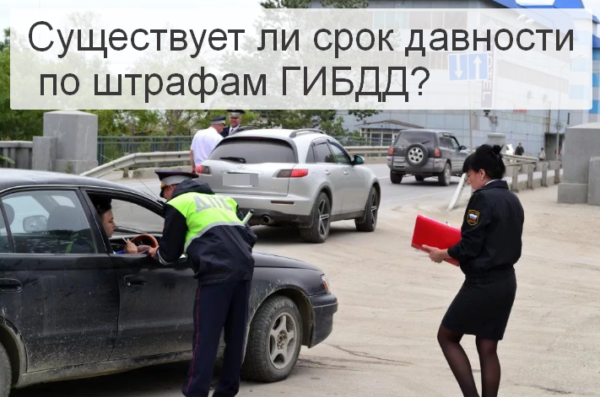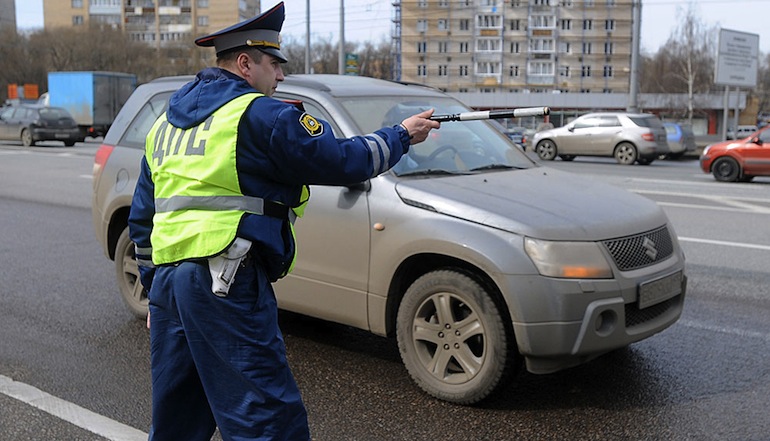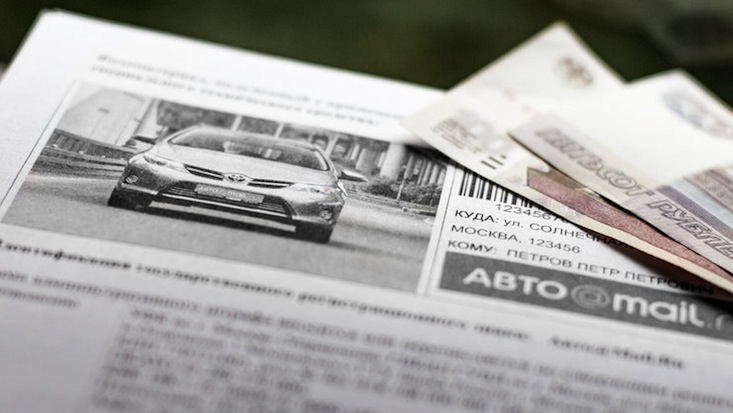
The statute of limitations on traffic police fines from video recording cameras and issued
If the inspector issued a fine to the driver for violating traffic rules, then the culprit is given a total of 80 days to pay: 10 days to appeal the decision in court, 60 days to pay the payment itself, and plus ten days if for some reason the amount of money could not be credited to the account on time. Such a rule was adopted back in 2013, and before that, it was necessary to pay fines no longer than 30 days after the violation.
However, in the Code of Administrative Violations there is an article numbered 31,9, which states that if 2 years have passed and the fine has not been paid, then the driver is exempted from paying by the statute of limitations and no one has the right to force him to pay long-standing fines .
It would seem that in this way you don’t have to worry about fines at all - we don’t pay them for 2 years, and then everyone together forgets that we owe the state a certain amount of money. But as practice shows, such happiness very rarely happens in the life of ordinary lovers of speeding or parking incorrectly.
Perhaps earlier, when all records were kept manually and confusion reigned in the traffic police departments, the protocol could have been lost among other papers in the archive. Now everything is computerized, and even somewhere in Petropavlovsk-Kamchatsky or Khabarovsk, the inspector will be able to “break through” the registration number of the car in his databases and say that he has fines for violations committed in Moscow or Pskov.

From this it should be concluded that it is not worth hoping that your debts on fines will be forgotten - it will cost you more.
Punishment for non-payment of traffic fines
What awaits a person who intentionally or unintentionally did not pay a fine to the traffic police? The state has its own measures of influence on such malicious non-payers.
The inspector who issued the fine to you waits 70 days before the money transfer arrives in the current account. If the money is not received within this period, then the inspectorates - in the hope that the money was nevertheless transferred at the last moment, but has not yet been received due to problems in the banking system - wait another 10 days, and then they transfer the case of non-payment to the court, and the bailiffs will take care of the collection of funds.
An administrative offense case is opened against the driver, according to which the unfortunate driver will be obliged to pay the full amount of the fine plus a double fine for late payment. That is, if a motorist, for example, drove his vehicle without wearing a seat belt, and he was fined, according to the Code of Administrative Offenses 12,6, one thousand rubles, then for the delay he will have to part with an already larger amount - 3 thousand rubles. Well, plus to this, nerves will still be shattered, perhaps even the neighbors will find out that the person has committed such a serious violation of traffic rules.

If, as a result of the proceedings, it turns out that a person often does not pay fines, then instead of a monetary punishment, he can be sentenced to 15 days of arrest or 50 hours of corrective labor.
Agree that spending 15 days behind bars in a special detention center is not a very useful life experience. Yes, and few people want to sweep the streets or engage in lawn gardening in front of their colleagues and acquaintances.
In the most difficult cases, when the amount of fines exceeds 10 thousand, bailiffs can confiscate property. And if you are going to a resort in Turkey, then right at the airport you can be announced that leaving the country is prohibited due to non-payment of traffic police fines.
More severe measures were put forward by Russian deputies, for example, to deprive a driver's license for non-payment of fines. So far, such a law has not been adopted, but since the idea has been voiced, it is possible that it will be implemented over time.
From the foregoing, we can draw the following conclusion: you should not wait two years until your unpaid fine is forgotten by the statute of limitations, most likely you will remember it when you are called to court and offered a choice: paying a fine three times, 15 days or 50 hours of community service.
Therefore, pay fines on time - you have 70 days for this, and best of all - do not violate at all.
Loading…